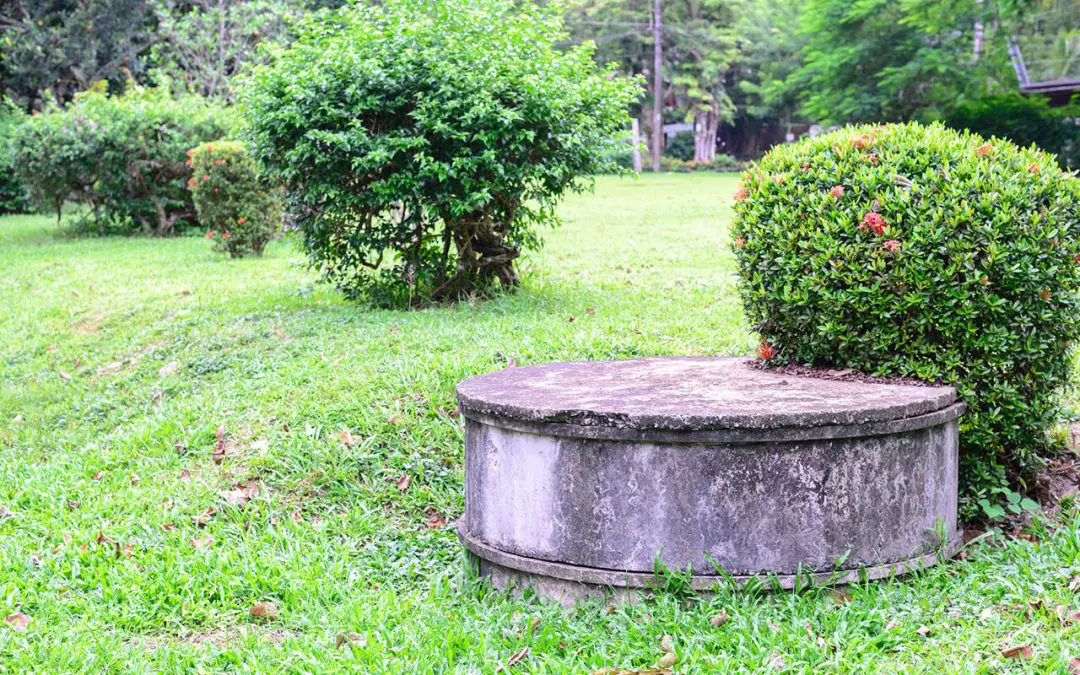A septic system consists of a drain field and an underground container. The purpose of a septic tank is to hold scum and solids from wastewater, so proper septic tank care and maintenance are essential. Replacing a septic tank is expensive and invasive to your property. A regular septic tank inspection is important to identify needed repairs and when it should be pumped. Below are some essential septic tank maintenance tips.
1. Use Water Sparingly
Water conservation is a key practice that will improve your septic tank’s operation. Your septic tank will function optimally when you limit your water usage. Below are some key strategies that will help you save water and lower the risk of septic tank failure.
– Invest in a High-Efficiency Washing Machine
Newer and more efficient appliances play a vital role in managing water use. For instance, when selecting the right washing machine, consider price, water efficiency, and energy use. Wash only full loads of laundry to minimize water waste.
– Low-Flow Toilets
Replace your older toilets with new high-efficiency ones to save water with each flush. For a more budget-friendly fix, check your local hardware store or online for tank bags and low-flow toilet conversion kits.
2. Saving Inspection Reports is a Key Septic Tank Maintenance Strategy
A septic tank should be inspected regularly to assess its condition. A professional inspector will conduct an in-depth inspection and present you with a detailed report. The inspection report will list areas of concern including scum level and existing/potential leaks. Saving inspection reports helps you to keep track of maintenance records.
3. Be Careful of What You Put Down the Drain
Pouring substances like grease and harsh chemicals down your drains can damage your septic tank. In addition, grease and oil are the main causes of drain clogging. Don’t flush anything down the toilet besides waste and septic-safe toilet paper.
4. Fix Leaky Faucets
Leaky and faulty faucets increase your monthly water bills and the risk of septic tank malfunction. A leaking faucet will increase the water in your septic tank and reduce its efficiency.
Pump your septic system frequently, especially if it consists of mechanical components, switches, or pumps. Several factors influence the frequency of septic tank pumping: the size of a septic tank, household size, volume of wastewater solids, and amount of total water waste.
5. Septic Tank Maintenance for the Drain Field
A drain field is a major component of a septic tank. The drain field eliminates pollutants from the septic system. Don’t plant trees near your drain field or park your car near it. In addition, keep rainwater drainage, roof drains, and sump pumps away from the drain field.
Getting a septic tank maintenance inspection is an important and cost-effective task that will help you take better care of your system.
HomeVantage Home Inspections provides inspection services to Northern New Jersey. Contact us to schedule an appointment.

